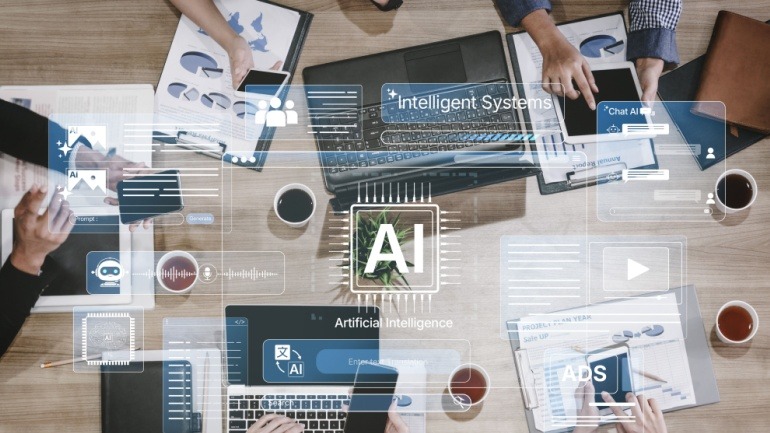In a landmark strategic move that is poised to expedite AI innovation in the UAE and neighboring regions, Microsoft and G42, an AI company based in the UAE, have announced their partnership. The collaboration involves an investment of $1.5 billion from Microsoft in G42, which simultaneously gives them an undisclosed minority stake in the pioneering AI firm. In addition, Brad Smith, Microsoft’s Vice Chair and President, is set to join the G42 board of directors.
The partnership aims to bring advanced AI solutions to life across various sectors, including finance, healthcare, energy, government, and education, all supported by Microsoft Azure. In this mutually beneficial arrangement, G42 will have permission to sell Microsoft services that exploit AI chips, while G42 will employ Microsoft’s cloud platform in powering its AI applications.
Close attention has been paid to ethical considerations, as the commercial partnership includes an unparalleled binding agreement assuring both the US and UAE governments that world-class best practices are adhered to for secure, trusted, and responsible AI development and deployment.
Additionally, the partnership aims to nurture AI talent through a $1 billion fund targeted at developers. This move is geared towards promoting skill development and fostering innovation in emerging markets. G42 CEO Peng Xiao noted, “Through Microsoft’s strategic investment, we are advancing our mission to deliver cutting-edge AI technologies at scale.”
Meanwhile, the investment happens amidst increasing bids from both the US and China to expand their influence in the UAE’s thriving technology industry. The partnership agreement takes into account these geopolitical undercurrents and has been developed in collaboration with both the US and UAE governments, ensuring G42’s full compliance with US regulations.
Further ensuring their alignment with the US, G42 has expressed an intention to divest in its Chinese business interests in the name of data sovereignty. The mutual agreement also includes a provision for G42 to remove Chinese equipment, including Huawei’s, from their operations amid US government concerns over potential security breaches.
The US, it seems, maintains a stringent stance on the issue. Commerce Secretary Gina Raimondo confirmed, “When it comes to emerging technology, you cannot be both in China’s camp and our camp.” Indeed, the intersection of technology, innovation, and geopolitical strategy continues to steer the unfolding developments in the telecommunications industry.
This decisive move by Microsoft and G42 is indicative of the shifting dynamics in the global telecommunications space, and observers worldwide will be keen to see the manner in which this strategic investment shapes the future of regional AI innovation.







